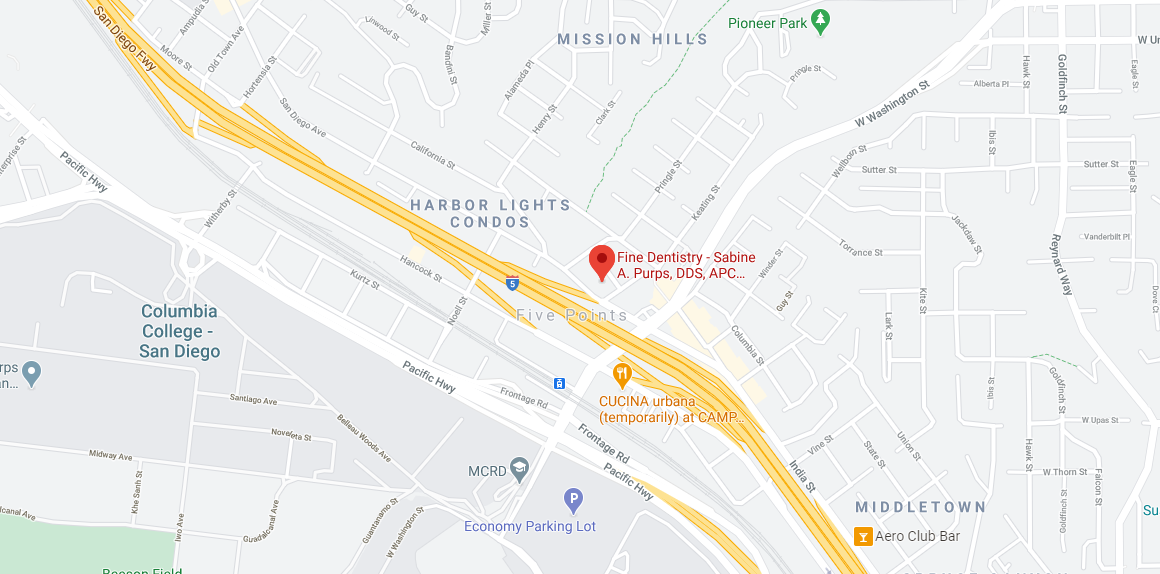There are chances that you might be suffering TMJ pain, but it could be likewise… to know if your pain is due to TMJ disorder, you’ll have to look for the symptoms.
Causes of a TMJ Disorder
A TMJ disorder can be caused by a plethora of factors like trauma or injury to the jaw or teeth. It can also be caused by a misalignment of the teeth or jaw. Common activities like teeth grinding or clenching can also aggravate this issue.
Symptoms of TMJ Disorders
There are a lot of common symptoms of TMJ disorder that can be monitored in order to determine if a person is suffering from this disorder or not. These symptoms commonly include;
Jaw Pain
The jaw joint or the TMJ joint is made up of a bone below the mouth and a bone that is present just above the mouth. The TMJ allows the upper jaw to close on the lower jaw and is the most used joint in the entire human body.
Jaw pain normally occurs because of some trauma or injury but it can also be caused by other birth defects and structural problems. This pain may occur on either a single side or both sides of the jaw depending on the issue that caused the pain in the first place. This is the most common symptom of TMJ disorders.
Ear Pain or Earache
An aching ear is another common symptom of TMJ disorders. The ear pain normally starts in the auditory canal because of its positioning. The auditory canal is located right next to the jaw joints and it can become extremely inflamed because of TMJ disorders.
Other symptoms like ear pain and tinnitus can also be caused by TMJ disorders and can be used to diagnose the problem.
Headaches
The jaw pain that is caused by TMJ can often be mistreated as a headache. A study showed that the headaches that were caused by TMJ were misdiagnosed as migraine headaches in 31% of the patients.
These two symptoms are often confused because of the close association of the jaw muscle with the head. So whenever you have a severe headache and it does not go away after taking the required medicine, it is important that you get your jaw checked out to make sure that you are not suffering from a TMJ disorder.
There are a lot of other symptoms that are normally associated with TMJ disorders which include;
- Jaw clicking and popping
- Pain in the temple area
- Locking of the jaw joints
- Aching facial pain
When to See a Doctor?
It is important that you see medical attention if the pain and tenderness of the jaw do not subside after a certain period of time. You should also see a doctor as soon as possible if you are having difficulties opening and closing your jaw.
What does the TMJ treatment do to you?
It helps your jaw to move around and properly function and allows it to perform tasks like opening and closing. It also helps in eating and talking which further compounds its importance.
If you are experiencing the symptoms of TMJ disorder, it is essential for you to visit a dentist in San Diego. Call us now to book the appointment!

